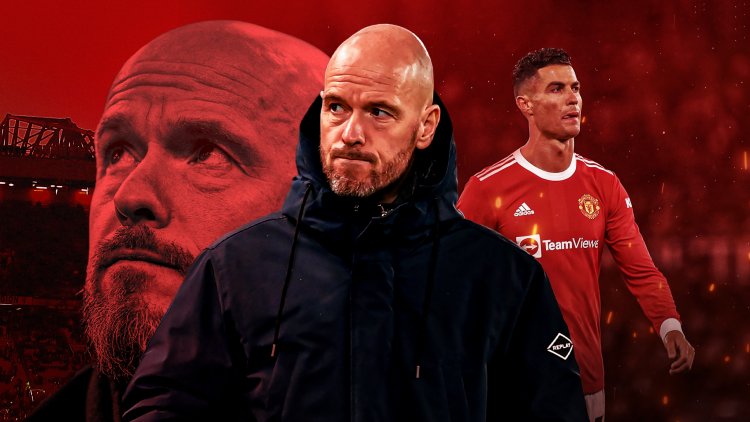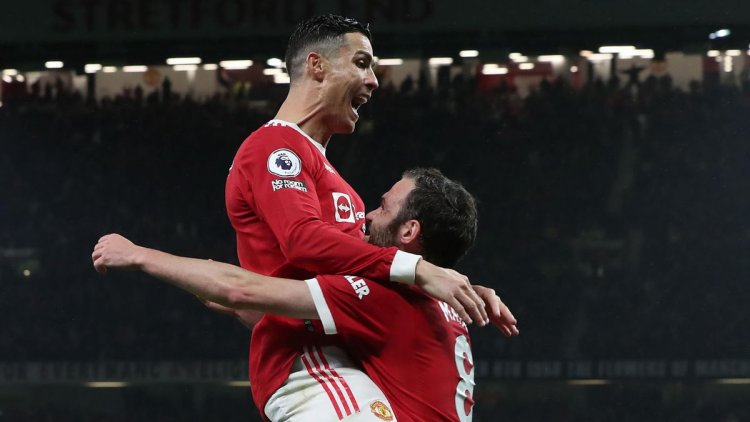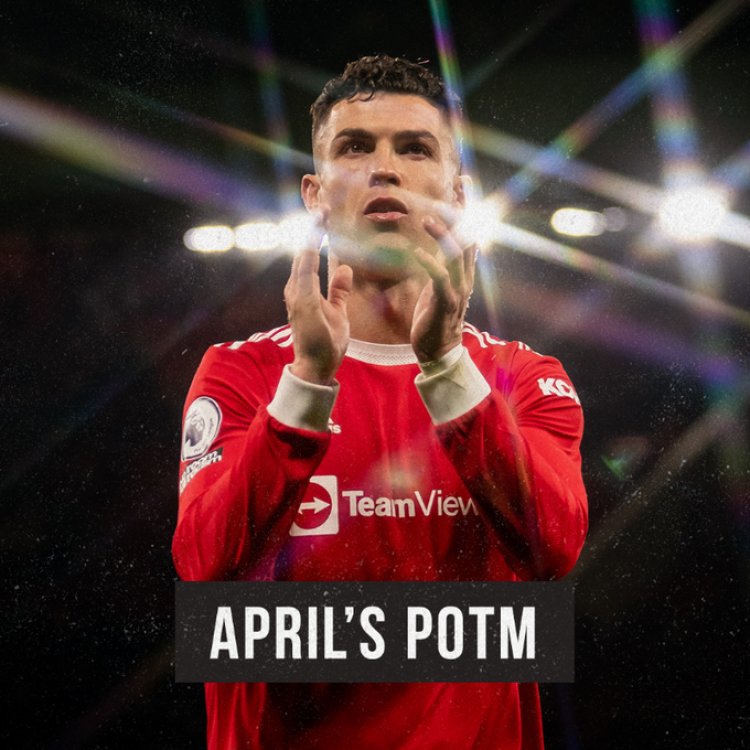Losing Ronaldo will be beneficial to Man Utd and ten Hag
Losing Ronaldo would also free up United to do things differently in attack

Many might think that losing Cristiano Ronaldo would be a footballing disaster for Manchester United. On an individual level, it’s true that Ronaldo had an excellent campaign last season: in the Premier League and Champions League, he scored 24 goals in 37 appearances. The team’s second-highest goalscorer in all competitions was Bruno Fernandes, with ten. As the frequently heard refrain went, “Without Ronaldo’s goals, where would United be?”.
The news that Ronaldo wants to leave Old Trafford, with one year remaining on his contract, means that we may be about to find out. Ronaldo’s presence, his legendary dedication to his craft and his supreme penalty-box instincts would be missed. But there are good reasons to think that losing their totemic striker may not be such bad news for United; in fact, it may even be the best thing for Erik ten Hag’s team in the long run.
A centre forward is not a plug-in part and the equation is not as simple as merely subtracting Ronaldo’s goals — just as next season’s Manchester City will not be last season’s City plus Erling Haaland. A football team is a complex, dynamic unit, in which all 11 moving parts are interdependent, and although Ronaldo made United better in some ways, in other ways he detracted from the collective

The simple fact is that last season’s United, with Ronaldo, were a significantly worse team than the previous campaign’s Ronaldo-less version. Whatever modest measure of control they had established under Ole Gunnar Solskjaer, they lost. Their share of possession fell from 55.6 per cent to 52.1 per cent, and their share of the shots in their matches from 55.1 per cent to 49.9 per cent.
Was that all Ronaldo’s fault? Of course not, but his total incompatibility with a coherent pressing structure (he attempted to put opponents under pressure on fewer occasions than any other player bar goalkeepers and centre backs in Europe’s main leagues last season) was a huge contributing factor. Defending from the front is a big part of how elite teams such as City, Liverpool and Bayern Munich compress the game into the attacking third and thus dominate the ball and balance of chances.
As Thierry Henry put it on CBS last year after the Champions League match against Villarreal, in which Ronaldo scored a decisive late goal: “The problem is when your poison is your medicine, you will struggle. At the end, Ronaldo saves them, but when they play, they are exposed sometimes because they don’t defend as a unit. We all know if you want to win, you’ve all got to run.”
High pressing is also a fundamental part of how Ten Hag likes his teams to play. Last season, Ajax allowed the fewest passes per defensive action of any team in the Champions League, while their average of 40.4 pressures in the attacking third was far closer to City (43.8) and Liverpool (52.8) than United were, with a lowly 29.1. Put simply, it was always hard to see how Ten Hag could integrate the most inert forward in European football without severely compromising his style of football. Now, he may not have to.

Losing Ronaldo would also free up United to do things differently in attack. Even in the final phase of his career, the Portugual forward remains a brilliant goalscorer, but these days he is a static focal point, who gobbles whatever you put on his plate but offers little in terms of reciprocal chance creation. As Giorgio Chiellini, his erstwhile Juventus team-mate, said, you can’t help but “play to him” when Ronaldo is in your team. Ultimately, it might be easier for Ten Hag to instil the sort of fluid rotations and slick, unpredictable combination play which distinguish the best teams without Ronaldo.
There is also the glaring question of the club’s long-term strategy. Ronaldo is 37. Selling him would wipe more than £400,000 off the weekly wage bill, and if United can find a willing taker this summer, they may even recoup a modest transfer fee — money which could be reinvested in the construction of a younger, more tactically malleable squad better suited to the years-long project of overhauling City and Liverpool and returning United to Champions League contention.




















